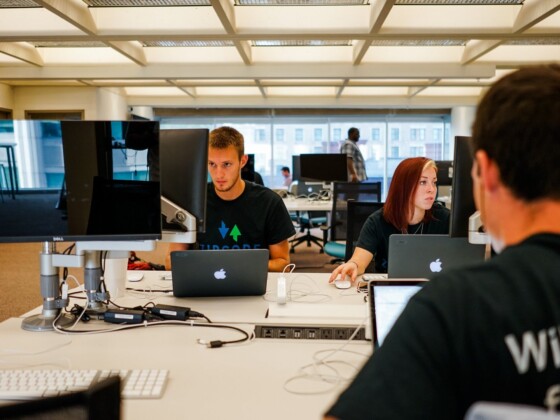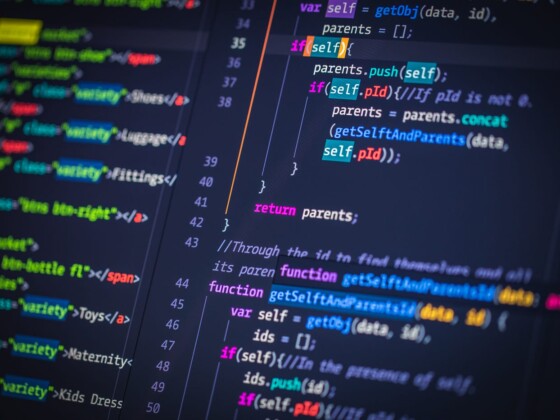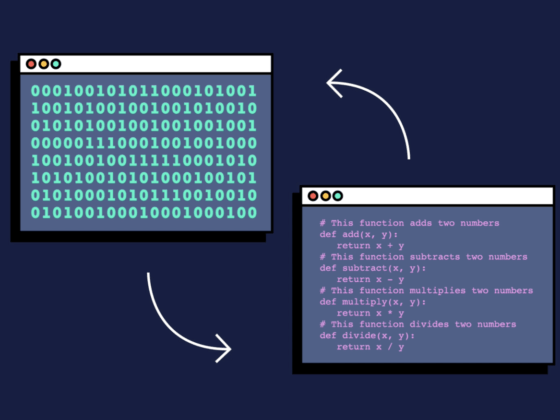
Logan Romford, software developer / @LoganRomford
Lisa’s Story
Lisa Martinez, a dedicated student enrolled in a Java programming course, has shared her experiences while developing a tic-tac-toe game, a project she completed with substantial assistance from hints and code snippets. Martinez’s candid confession about her struggles poses a question that many novice programmers grapple with: When is the right time to move forward?
The Java course, known for its rigorous curriculum, recently concluded a section where students were tasked with programming a tic-tac-toe game. Martinez completed the task, albeit with significant help. She candidly admitted that she would struggle to recreate the program from scratch, sparking a debate on the best approach to learning programming languages.
Martinez’s dilemma revolves around whether to progress in the course or to stay put until she can independently code the project. Her predicament is common among students trying to master new skills, particularly in areas as complex and demanding as programming.
This issue highlights the broader question of learning pace and methods in educational settings, especially in courses that require substantial hands-on practice. It also underscores the importance of providing adequate support for students as they navigate complex course material.
Martinez’s story is a testament to the struggles and uncertainties students often face in their educational journeys, particularly in challenging fields like programming. As she grapples with her next steps, her experience serves as a reminder of the importance of individual learning paces and the value of mastering material before progressing.
Feedback from Reddit
The journey of Lisa Martinez, a novice programmer taking a Java course, has sparked a lively conversation on Reddit, as users share their own experiences and advice to navigate the often challenging path of learning to code.
Many users stressed the importance of understanding the difference between knowing how to program and understanding syntax. Redditors suggested that Martinez should focus on smaller projects, exploring concepts she struggles with, and gradually build up her skills.
One of the primary suggestions was to avoid relying heavily on copying others’ code. Instead, users encouraged Martinez to attempt programming projects she has never seen code for, like a snake game or Tetris. The intent is to encourage independent thinking and problem-solving skills, rather than mere code reproduction.
However, a few users disagreed, arguing that copying code can be a beneficial learning tool if the student takes the time to understand why the code works as it does. It was also suggested that starting with smaller, less complex projects may be more manageable for beginners.
The concept of pseudocode emerged as a crucial learning tool. Many users shared how using pseudocode, which involves writing out the logic of a program in plain English, helped them understand the logic behind the programming concepts they were learning. Users explained that once the logic is understood, it becomes much easier to implement the code.
Practical projects were highly recommended, with one user sharing their experience of building a website to practice English. They explained how this project provided them with a unique learning experience and helped them understand various concepts more effectively.
Unit testing was another technique that users found helpful. It involves writing small chunks of code and testing each piece individually to ensure they work correctly. One user even stated that their programming abilities improved significantly after discovering unit testing.
The conversation also took a nostalgic turn, with users reminiscing about the early days of programming and sharing their experiences with old storage devices such as floppy disks.
Overall, the discussion underscored the importance of patience, planning, and a step-by-step approach to learning programming. The community’s collective wisdom can be summed up as: start small, understand the logic behind the code, and don’t be afraid to tackle complex projects bit by bit. As one user wisely noted, “programming is difficult, there is no finish line, there is always more to learn, but every step you make is yours.”









